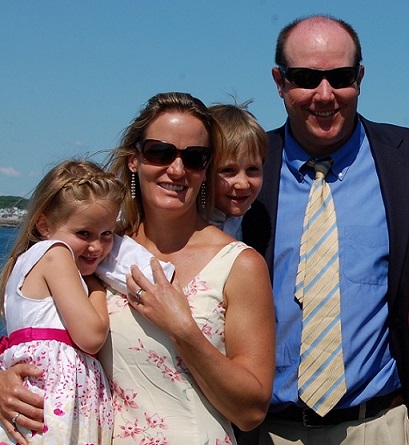From the 03.22.17 issue of Education Week:
Standards-Based Grading Made My Kid Average
Today's guest post is written by frequent Finding Common Ground blogger Lisa Westman. Lisa is an instructional coach specializing in differentiation for Skokie School District 73.5 in suburban Chicago. She taught middle school gifted humanities, ELA, and SS for twelve years before becoming a coach.
Recently a friend called me in a panic. She was beside herself because she had just received her seventh grade daughter's new standards-based report card. My friend relayed that her daughter (who was formerly an "A" student) was now "just average" according to the new report card.
I asked my friend if the report card had the word "average" on it and my friend said, "no." She elaborated that her daughter had received all "meets" and no "exceeds" on her report card, and, therefore, her daughter was now, "just average."
I calmly responded that "meets standards" does not equate to average. I clarified that a standards-based grading system does not neatly align to the traditional grading system we experienced in our schooling. I explained that standards-based grading is a much more pragmatic and informative way of reporting student progress than the traditional A-F approach.
I expected my friend to accept this explanation and settle down, but instead, her emotions escalated, and she replied, "well, my daughter's teacher thinks standards-based grading is stupid, too."
"We are the stories we tell ourselves." Joan Didion
Many school districts that have made the switch to standards-based reporting have been met with reactions like the one illustrated above. And, although I was surprised by my friend's response, I shouldn't have been. Reactions like hers are to be expected when identities are threatened, and eliminating traditional grading practices poses a threat to many people's identities.
How so?
The A-F/100-point traditional grading system has been in place since the early twentieth century. This means all parents and grandparents of students currently in kindergarten through 12th grade, plus the vast majority of today's teachers experienced school with a traditional grading system.
Based on the grades we received as students, we told ourselves we were "good" or "bad" students. We used our grades to tell ourselves which subjects we were "smart" in and which ones we weren't. We used our grades to compare ourselves to our peers. Our parents used our grades to compare us to their peers and their peers' children. We used our grades to determine if we were cut-out for certain careers. We allowed grades to tell us many stories about who we were. For better or for worse, these stories have played a part in shaping our identities as adults. Therefore, when we remove a critical piece of our identity formation (traditional grades) we may, consciously or not, feel threatened.
So, now what?
We will be uncomfortable for a little while. Ultimately, just like us, our children's identities will be shaped, in part, by the educational experience they have. However, if implemented correctly (as extensively researched and reported about by Thomas Gusky and Rick Wormeli) standards-based reporting should allow students to identify as individual learners, rather than comparably "good" or "bad" students.
The concept of standards-based grading is not easily enacted by teachers, nor is it easily understood by parents. Rather, this change is a work in progress which requires both educators and parents to work together to relearn what we have been taught in the past about grades.
While this shift is difficult for both educators and parents, it is the educators who must lead the charge, and be the first relearn (watch this video for some inspiration on relearning). The way in which educators share information about standards-based grading with parents is crucial for successful implementation. If educators are positive, admit that change is hard, and stick with the change because it is in the best interest of students, parents will follow suit. However, if educators protest, criticize, or are ambivalent about the benefits of standards-based grading, parents will will react similarly. Educators must model the reaction they hope to elicit from parents and students.
To effectively communicate with parents, educators must put to rest some of the widely-held fallacies about grading like the three listed below:
Fallacy #1: Parents need letter grades to understand their child's performance.
Reality: Traditional grades give the facade of understanding because they use familiar words and measures. Consider a report card that lists: Math: A, Reading: B+. Parents understand the words math and reading. They understand that an A is the highest grade and a B is close to an A. But, the reality is, this communication does not actually tell parents anything about what was learned. Math and reading are too broad of categories to offer any insight and the letter grades could mean a variety of things, many of which have nothing to do with reading or math.
Now what? Standards-based grading is an opportunity to create a common understanding of exactly what is being assessed. When teachers take care to ensure assessments are appropriately aligned to the standards they are assessing, the assessments become a vehicle for dialogue between students, parents, and teachers to adequately discuss where students are in their learning progression and where they are going.
Fallacy #2: Letter grades are more objective.
Reality: Once again, an A-F system creates a facade of objectivity. Using a percentage attached to a letter (93% = A) feels objective. But, what isn't necessarily objective are the tools used to garner those scores. When I taught English, I often struggled to determine the critical difference between an 89% and a 90% on a student's narrative writing assignment. When I taught social studies, I assumed the multiple choice tests I created were completely objective due to the right/wrong nature of the questions. I didn't consider, however, the inherent bias of the questions since I had written them.
Now what? There is a reason teachers are part of a PLC/team and there are reasons why these teams are encouraged to meet frequently. This is a time for teachers to discuss topics like objectivity. It is no longer frowned upon for educators to admit that learning is not an entirely empirical process. Learning is complex and, therefore, grading is complex, too. When we look at student work as a team, engage in dialogue about assessments, and come to a consensus as to what "meeting standards" is, we are making the reporting process as objective as possible.
Fallacy #3: By the time we shift to standards-based grading, there will be a new fad, and we will have to start all over again.
Reality: It will take time for individual school systems and the educational system as a whole to fully embrace this change. It is likely that once we become comfortable with this change, there will be additional amendments to the way we grade. But, such is life. This is part of what all successful industries do to stay relevant. They makes changes to improve processes, gather new information, and make more changes to improve processes again.
Next Steps: Don't lament about the process. Don't worry about what the future holds. We are doing what is best for students with the information we have right now. Celebrate the progressive and long overdue steps we are taking to use grading as an indicator of learning rather than symbol of finality.
Questions about this post? Connect with Lisa on Twitter.






 Division Director at three nationally-recognized wilderness/educational camps.
Division Director at three nationally-recognized wilderness/educational camps.